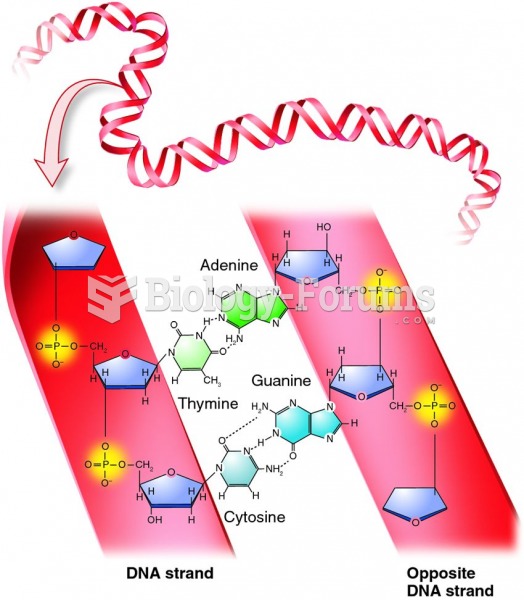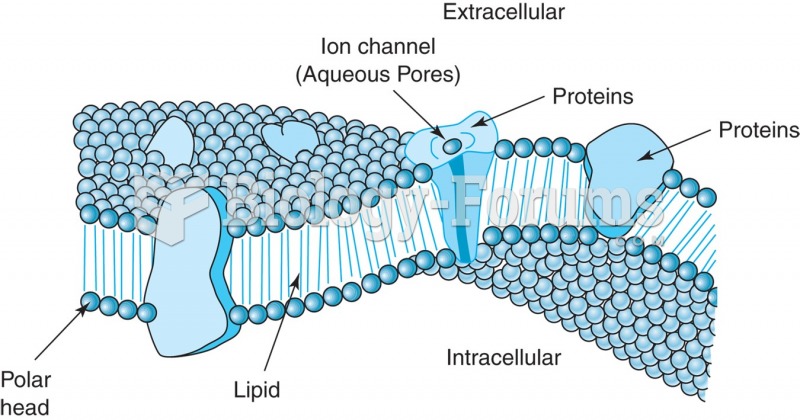|
|
|
Women are 50% to 75% more likely than men to experience an adverse drug reaction.
Never take aspirin without food because it is likely to irritate your stomach. Never give aspirin to children under age 12. Overdoses of aspirin have the potential to cause deafness.
Though “Krazy Glue” or “Super Glue” has the ability to seal small wounds, it is not recommended for this purpose since it contains many substances that should not enter the body through the skin, and may be harmful.
This year, an estimated 1.4 million Americans will have a new or recurrent heart attack.
Vital signs (blood pressure, temperature, pulse rate, respiration rate) should be taken before any drug administration. Patients should be informed not to use tobacco or caffeine at least 30 minutes before their appointment.
 Roller lifter from a GM Duramax 6.6 liter V-8 diesel engine. Notice the size of this lifter compared ...
Roller lifter from a GM Duramax 6.6 liter V-8 diesel engine. Notice the size of this lifter compared ...
 The tools necessary to adjust the valves on an engine with adjustable rocker arms include basic hand ...
The tools necessary to adjust the valves on an engine with adjustable rocker arms include basic hand ...





